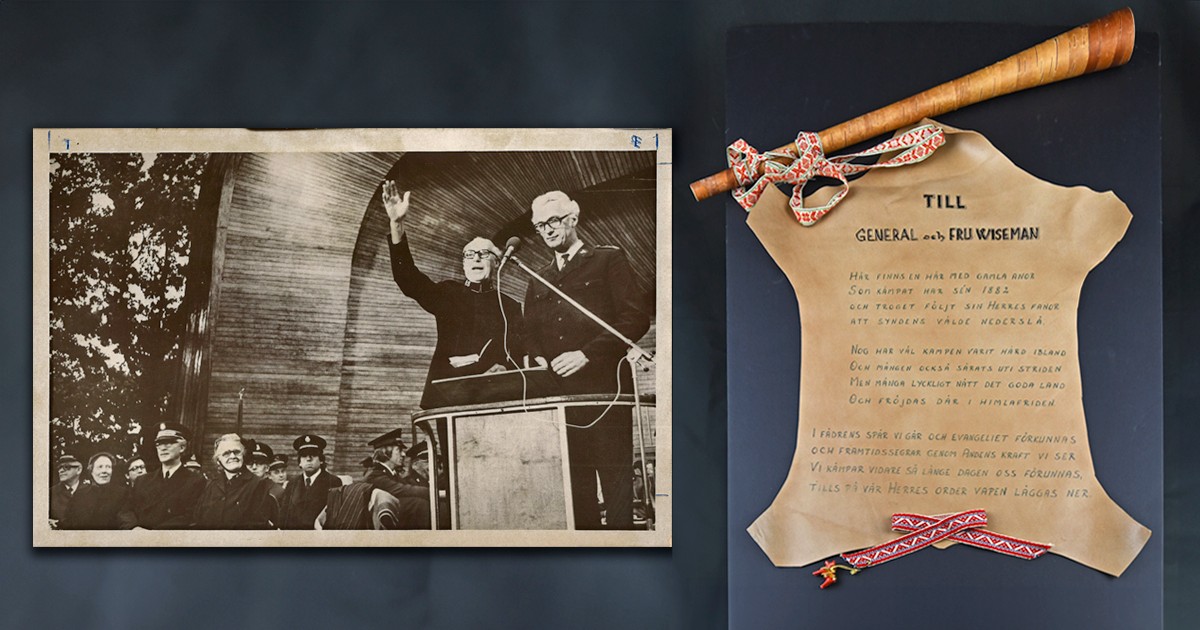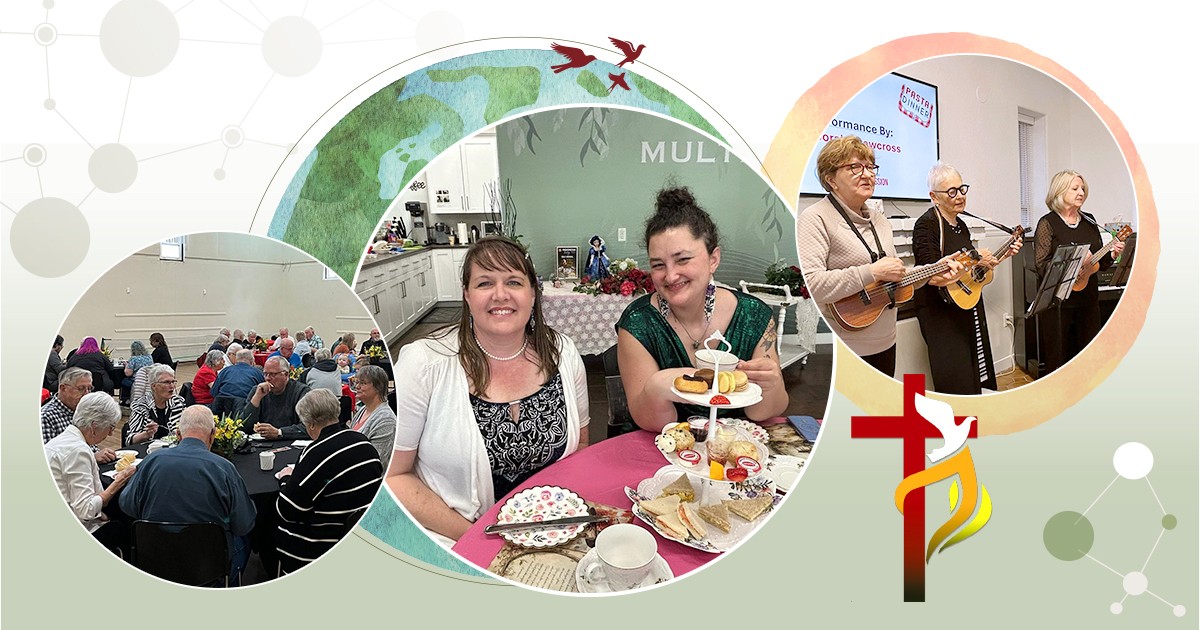 Growing up, my family didn't watch much television. The only TV we owned was a tiny 14-inch unit with poor colour quality and rabbit ears for an antenna. Needless to say, TV was not something I grew up with. Instead, what occupied my time was a vast forest in our backyard, nearby cornfields with roaming deer and a large ravine with a creek that trickled into Lake Huron.
Growing up, my family didn't watch much television. The only TV we owned was a tiny 14-inch unit with poor colour quality and rabbit ears for an antenna. Needless to say, TV was not something I grew up with. Instead, what occupied my time was a vast forest in our backyard, nearby cornfields with roaming deer and a large ravine with a creek that trickled into Lake Huron.
The natural world was my playground, a place where my siblings and I were free to explore the unknown. Adventure was always just around the corner. We went on hiking explorations, played “capture the flag” in the woods, fished and waded in the nearby creek, picked wild strawberries and built snow forts.
As I reflect on those days, I realize how our escapades surpassed anything TV had to offer and instilled in us an imagination that can't be taught. It was my childhood playground of nature that gave me a deep appreciation for the environment.
These days, enjoyment of the natural world is meaningless if it doesn't push us to corresponding action. Carbon emissions, excessive consumer waste, increased energy consumption and water shortages are all threats to our planet. If our children are to enjoy nature in the same way we did, our behaviour has to change.
As humans, we typically focus on what creation can do for us. For example, we think of trees for their benefits: a source of heat and energy, construction materials and pulp to make paper. Yet, the created world is not just for satisfying our immediate needs and desires. Scripture informs us that the primary purpose of creation is to honour and glorify Christ, who is the “firstborn over all creation. For in him all things were created: things in Heaven and on earth, visible and invisible, whether thrones or powers or rulers or authorities; all things have been created through him and for him” (Colossians 1:15-16).
The same God who breathed life into humans also spoke into being all living things. When God made the world, he called each part of it “good.” The Salvation Army's position statement on Responsibility for the Earth affirms that “God delights in each part of creation and fills it with intrinsic value, regardless of its utility. As such, caring for creation is an act of worship to God, while neglecting or abusing it is an act of disobedience.”
From the world's inception, God intended that we care for nature. That's why he made our first parents stewards of the earth: “The Lord God took the man and put him in the Garden of Eden to work it and take care of it” (Genesis 2:15). The meaning of the original Hebrew text is “to protect,” “to look after” or “to nurture.”
The Army's position statement affirms this: “Humans are called to careful stewardship of the earth and its resources. The call to stewardship must be seen as an invitation to inhabit God's garden, to tend to this bountiful planet, care for it and help it to flourish, joining with all creation in witnessing to God's glory.”
Caring for creation involves sacrifice. Whether it's leaving our cars at home for short trips, making the effort to recycle and compost, buying energy-efficient appliances or conserving water, we can all do our part. It may be difficult to interrupt our comfortable and convenient way of life, but we must take seriously our calling to environmental stewardship. Our very world depends on it.
For Further Reflection:
• Do I take more from the earth than is my small portion? Can I live with less?
• How do we move from appreciation of creation to action that helps protect it?
• How do our individual and corporate decisions live out God's call to stewardship?
Lieutenant Joyce Downer is corps officer for the Glace Bay circuit with New Waterford, N.S. While at training college, Joyce joined the territorial Social Issues Committee as a cadet member. To learn more or share ideas, contact social_issues@can.salvationarmy.org.









Leave a Comment